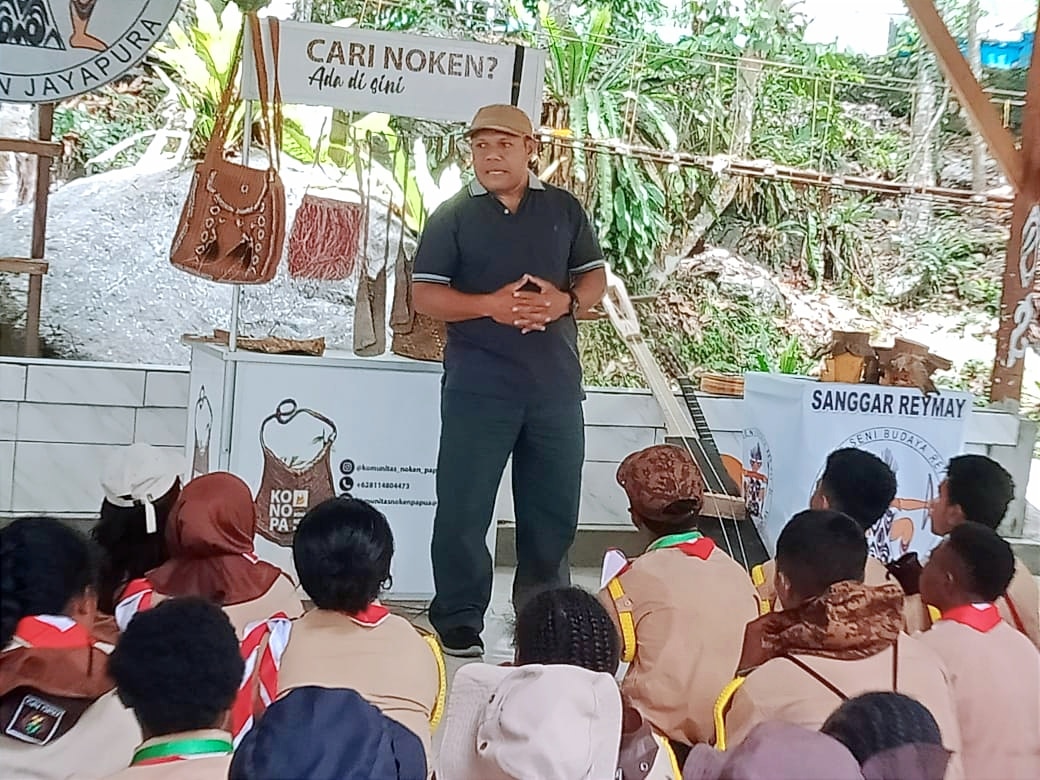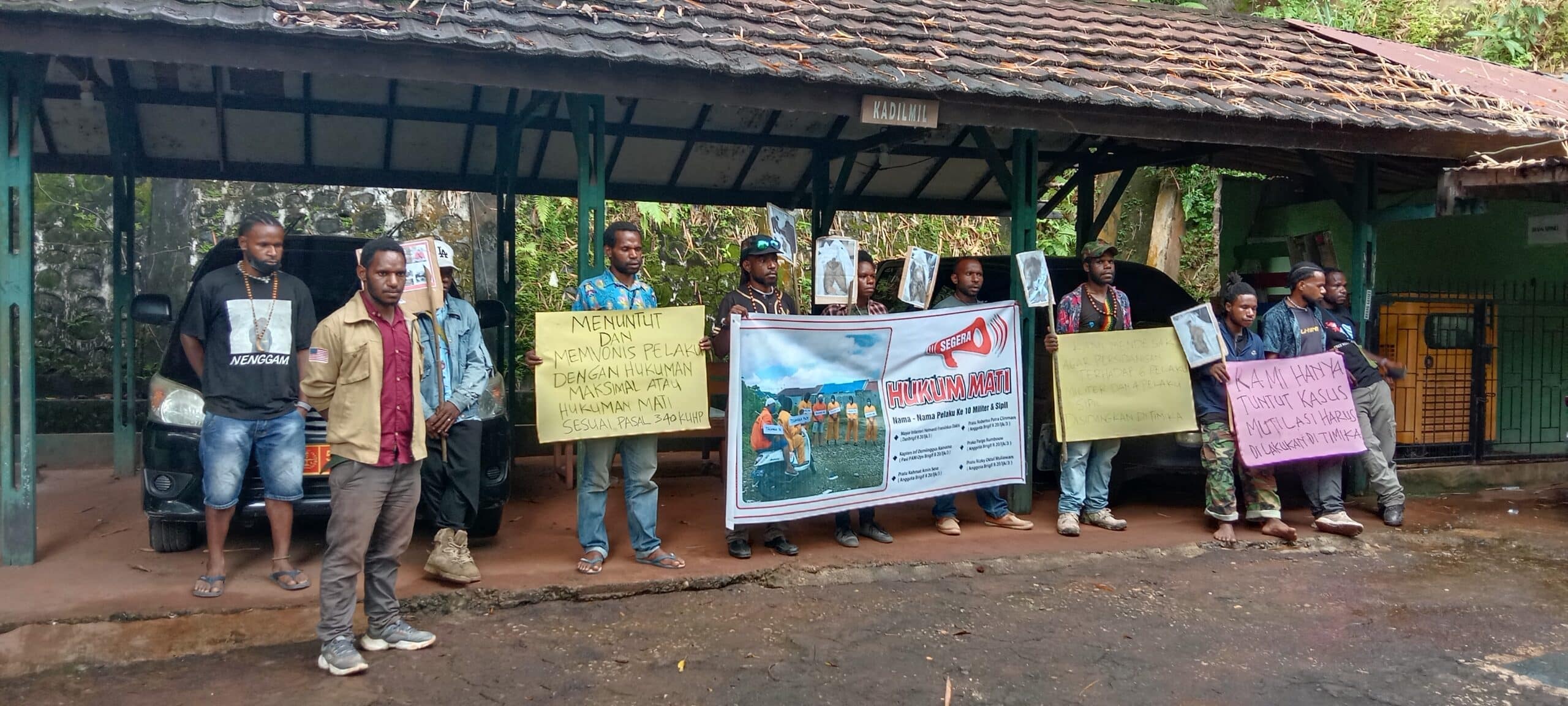Sentani, Jubi – The traditional Papuan woven bag noken was officially recognized as a world heritage item on December 4, 2012, by UNESCO. The Indonesian government, along with various cultural observers and stakeholders in the creative economy sector is required to periodically report every four years to UNESCO on all programs, preservation efforts, and developments concerning Noken.
Marshal Suebu, a cultural activist in Papua, emphasized that if periodic reports on Noken are not submitted, UNESCO may revoke its status as a world heritage item. Therefore, Marshall stated that as a member of the Central Government team responsible for Periodic Reporting on Noken to UNESCO, the Ministry of Education, Research, and Technology, the Cultural Preservation Center of Papua Region XXII, the Papua Noken Community (KONOPA), and Reymai Art Studio among others had held an online meeting on February 19 in Jayapura.
“The Indonesian government must submit a periodic report every four years regarding the work programs, preservation, and development of noken to UNESCO, with the next deadline being December 15, 2024,” said Marshall in Sentani on Monday (2/26/2024).
Marshall mentioned that these four-year reports have been conducted since 2012, 2016, 2020, and now in 2024. The main priorities of these reports include five essential aspects namely cultivation and breeding of raw material plants for noken making, socialization of the significant and noble values of noken through activities like weaving noken, socialization for scouts, and noken’s inclusion in schools (Nomase).
“We develop katanopi forests, which provide raw material plants for making Noken, even though their distribution and quantity are still limited,” he said.
He hoped that all parties could fully participate in the preservation, nurturing, and extensive development of Noken Papua in all fields. As well as maintaining the availability of its raw materials, fostering creative economic development among communities, and improving their livelihoods by weaving noken as a valuable economic product.
“There must be a serious commitment regarding efforts to protect and preserve noken as a world cultural heritage. This involves the central government, local governments, customary councils, Indigenous Community institutions, and the entire community,” said Suebu. (*)















